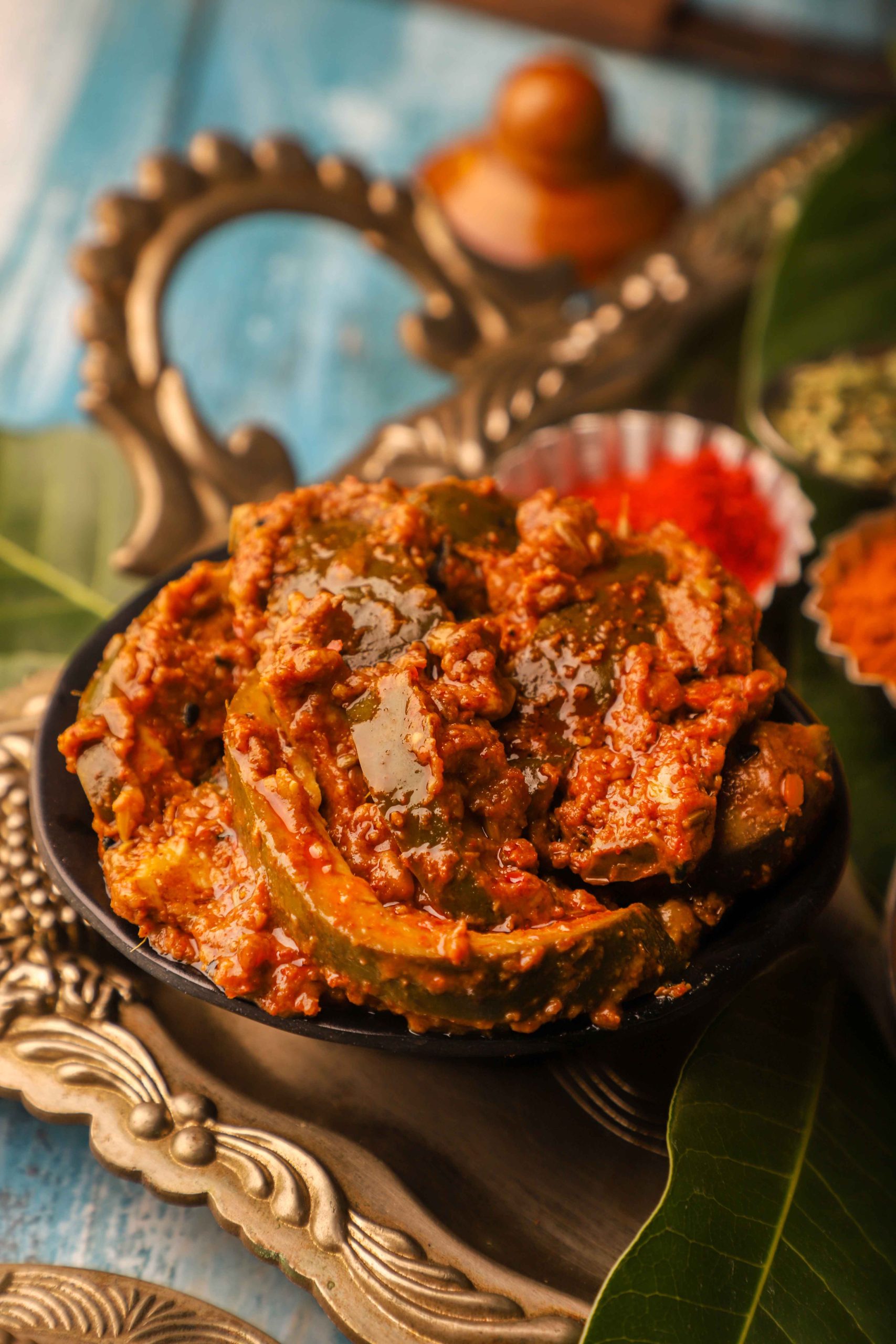
Pickles have been a staple in traditional kitchens for generations, offering bold flavors and a burst of nostalgia with every bite. In today’s health-conscious world, many people prefer natural, preservative-free pickles made using traditional methods. These pickles not only taste better but also align with clean-eating principles. However, they require special care to maintain their freshness and flavor over time.
We have curated a guide on how to handle natural and preservative-free pickles:
- Store in a Cool, Dark Place
Natural pickles are free from artificial preservatives, making them more sensitive to heat and light. Always store your pickle jar in a cool, dark place like a pantry or cupboard. If you live in a warm climate, consider storing the jar in the refrigerator to extend its shelf life.
- Keep the jar airtight
Air exposure can lead to spoilage, especially for preservative-free pickles. Ensure that the lid is tightly sealed after every use. If the original jar lid becomes loose or damaged, transfer the pickle to an airtight glass jar for better preservation.
- Always Use a Clean, Dry Spoon
Moisture is the enemy of fresh pickles. When taking out a portion, always use a clean, dry spoon to prevent water or contaminants from entering the jar. Even a small drop of water can disrupt the balance of the pickle, leading to spoilage/fungus or mold.
- Stir Occasionally
Natural pickles tend to settle over time, with oil and spices sinking to the bottom. Gently stir the contents of the jar every few weeks to redistribute the flavors and ensure every piece is well-coated with oil and spices.
- Add Oil If Needed
In preservative-free pickles, mustard oil acts as a natural preservative by preventing bacterial growth. If the oil level in the jar reduces over time, you can add more. Heat mustard oil until it starts to smoke, let it cool completely, and then pour it into the jar until the pickle is submerged. This will keep the pickle fresh and flavorful.
- Watch for Natural Fermentation
Since natural pickles are free from stabilizers, some fermentation may occur, especially if the jar is exposed to heat. You might notice slight bubbling or a tangy aroma—this is normal and safe to consume. However, if you see mold or the pickle smells unpleasant, it’s best to discard it.
- Consume Within a Reasonable Timeframe
Unlike store-bought pickles with artificial preservatives, natural pickles are best consumed within a few months to a year, depending on the ingredients and storage conditions. Check the batch date and make a habit of enjoying your pickles while they are fresh and at their peak flavor.
- Handle Oil Spillage or Leakage
Natural pickles often contain a generous amount of oil, which may spill during transit or storage due to temperature changes. To prevent messes, place the jar on a plate or wipe the exterior clean before storage. Remember, oil leakage is a sign of authentic, preservative-free pickles!
- Why Choose Natural Pickles?
Natural pickles are more than just a condiment—they’re a taste of tradition. Free from chemicals, stabilizers, and artificial preservatives, they retain the authentic flavors of the ingredients and the artisanal touch of the maker.
By following these simple tips, you can enjoy the fresh taste and health benefits of natural, preservative-free pickles without worry. Treat your pickle jar with care, and it will reward you with unmatched flavor for months to come!
Do you have more tips or questions about natural pickles? Share your thoughts in the comments below—we’d love to hear from you!









